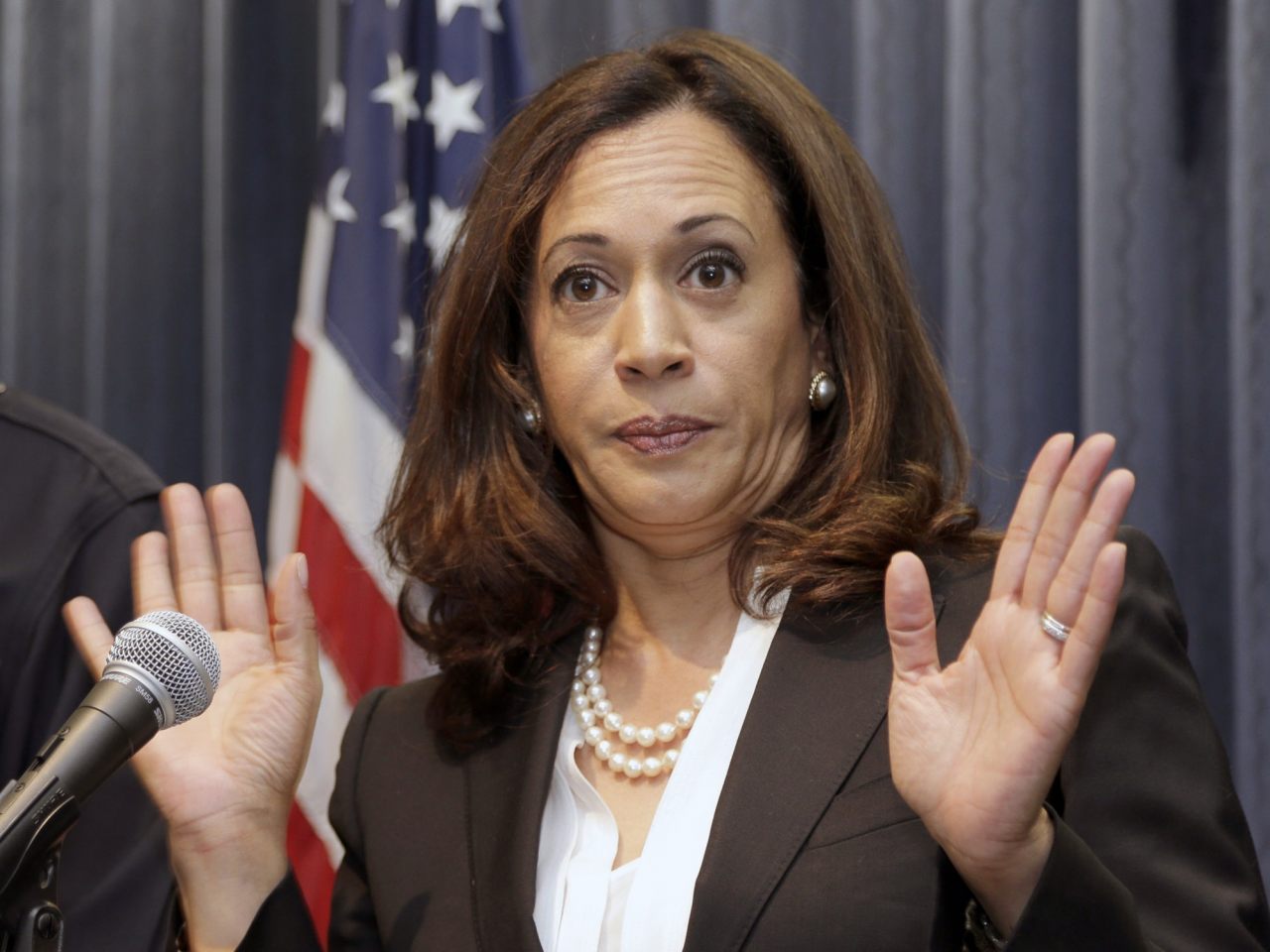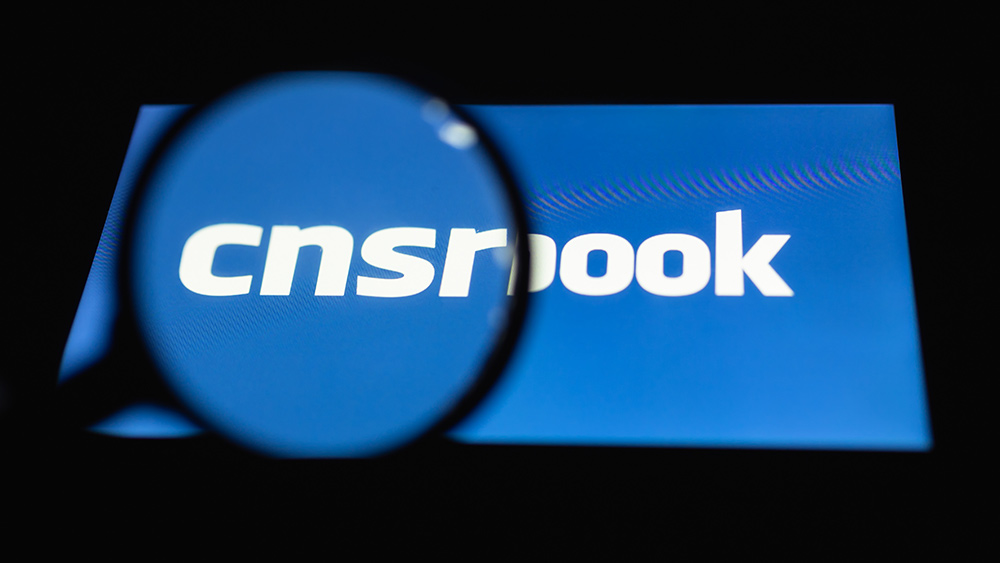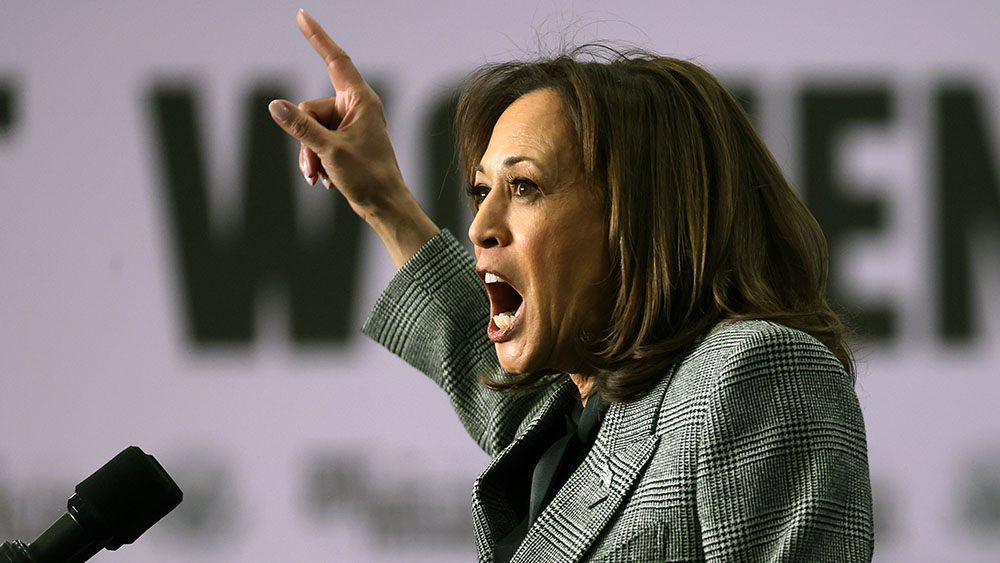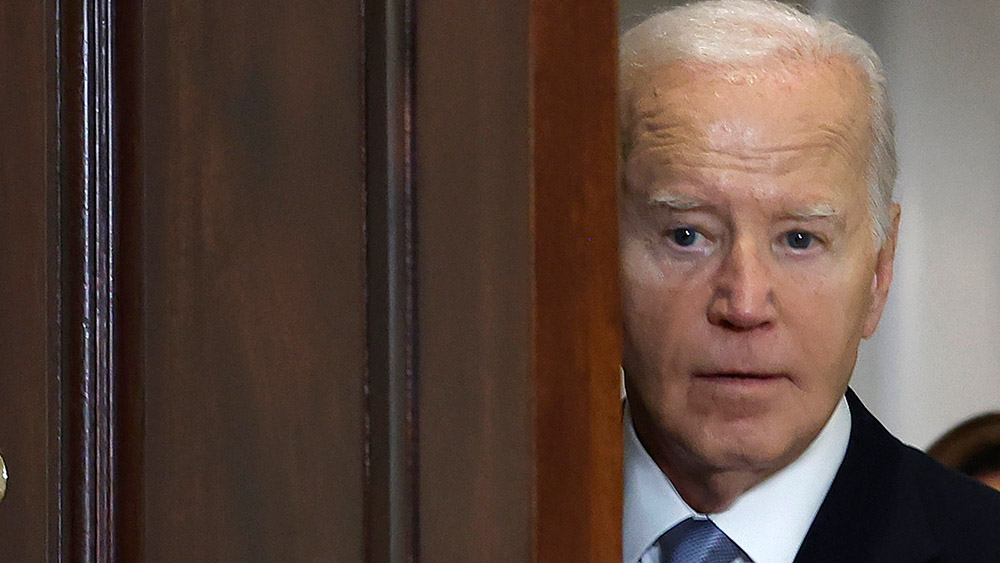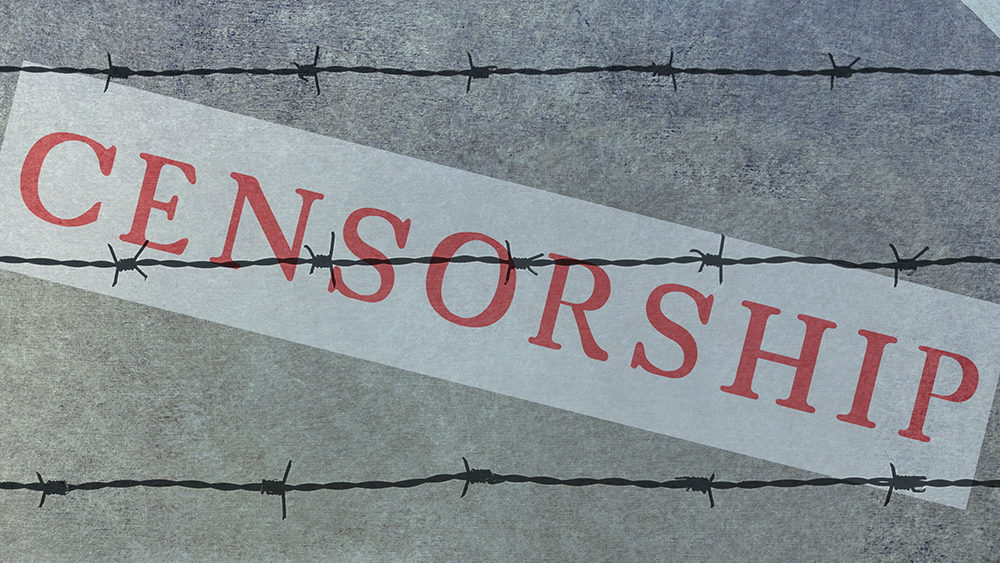HUGE – Texas senate committee presses Big Tech firms to supply documents for election interference investigation
08/14/2024 / By Cassie B.

The Texas Senate Committee on State Affairs has sent a series of formal document requests to Google, Meta, X and TikTok as part of its investigation into election interference by Big Tech platforms.
The requests stem from a committee hearing held in May at which whistleblowers provided testimony about the activities of these tech giants and their potential impact on elections. The documents must be handed over by the end of the month, and they must also certify that they carried out due diligence in finding all relevant documents.
The chair of the Texas Senate Committee on State Affairs, Senator Bryan Hughes (R-Mineola) explained why the companies are being investigated.
“Big Tech firms have immense power to influence elections, and Texans deserve to know how this power is being used. It’s well known that these companies censor the free speech of everyday Americans, and Texas has taken bold action to deal with Big Tech censorship. But their ability to sway elections has got to be addressed,” he stated.
Hughes also said that any company that fails to supply the documents will receive a subpoena and that the state is serious about pursuing election integrity.
Whistleblowers expose how Big Tech tries to influence Americans’ political views
In the May hearing, one Facebook whistleblower, former content moderator Ryan Hartwig, provided insight into how the social media platform moderates political opinions.
He noted that Facebook often bent the rules to support its political stances, saying that “the company took a particular interest in politics, and would often bend or break their own rules — for example, newsworthy exceptions.”
In testimony that Senator Paul Bettencourt (R-Houston) called “shocking” and “eye-opening,” Hartwig made it clear that the platform was trying to affect the outcome of the election.
“What I observed at Facebook includes interference with U.S. election activities, along with influence from foreign countries,” he told the committee.
The hearing was kicked off by Dan Schneider of the Media Research Center, who shared the results of his investigation into 7,000 cases of censorship involving Big Tech related to elections.
Schneider told the committee about the bias he uncovered during his research, and not surprisingly, Big Tech firms like Google fell squarely on the side of Democrats.
“Google has utilized its power to help push to elections for the most liberal candidates, while targeting their opponents for censorship. All sides data shows that Google’s “Google News” completely eliminated all links to right-leaning media outlets while generously linking left-wing media outlets for articles relating to Trump, Biden or “Elections,” he pointed out.
Another Google whistleblower, Zach Vorhies, testified about an AI system Google uses to censor posts, explaining that the system aims to “program” the American public to align its views with those of Google.
He said: “These sound more like actions we’d expect from a Russian propaganda complex. But shockingly, it’s the actions of Google.”
Texas lawmakers have been going after Big Tech and trying to hold them accountable for the ways they wield their tremendous power. Last month, the state put a law into effect that seeks to provide greater transparency and protections for people’s personal information online. In 2021, they passed a measure that prohibits social media platforms from engaging in viewpoint-based censorship. Unfortunately, the U.S. Supreme Court recently issued a ruling against this law.
Sources for this article include:
Submit a correction >>
Tagged Under:
bias, big government, Big Tech, Censorship, conspiracy, deception, election interference, elections, Facebook, Glitch, Google, great texan, real investigations, rigged, speech police, technocrats, thought police, TikTok, Twitter, vote fraud, voting
This article may contain statements that reflect the opinion of the author
RECENT NEWS & ARTICLES
COPYRIGHT © 2017 PENSIONS NEWS







